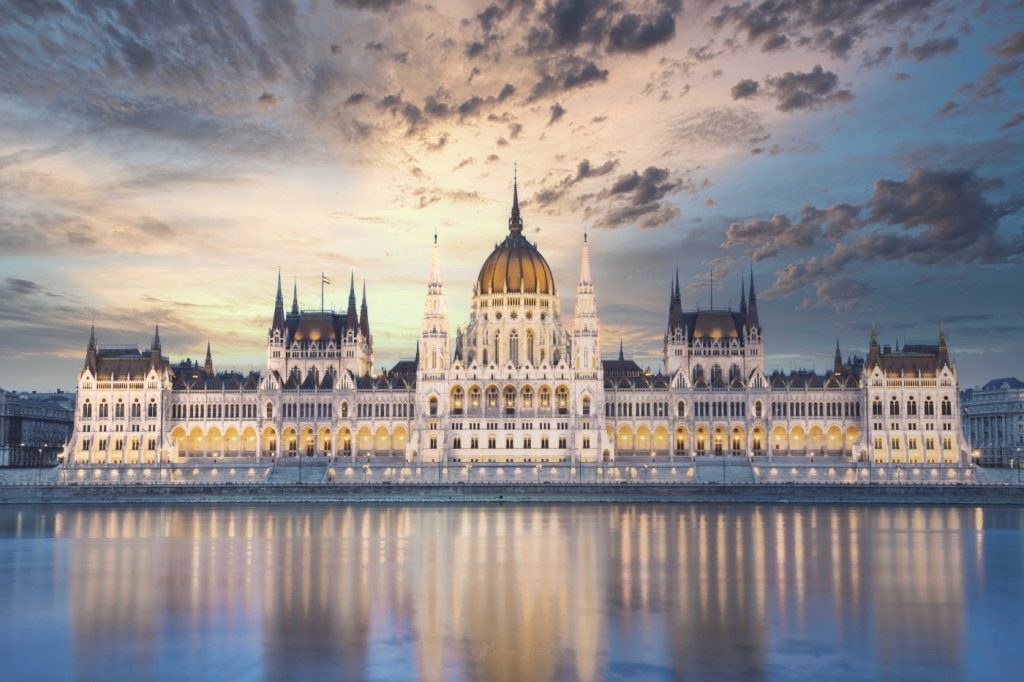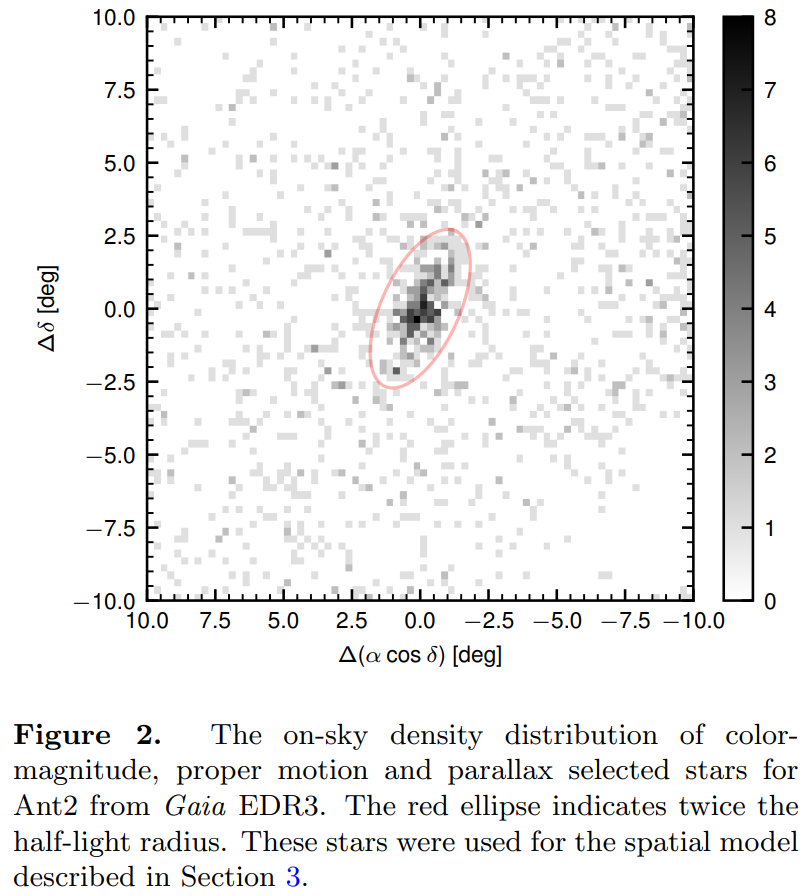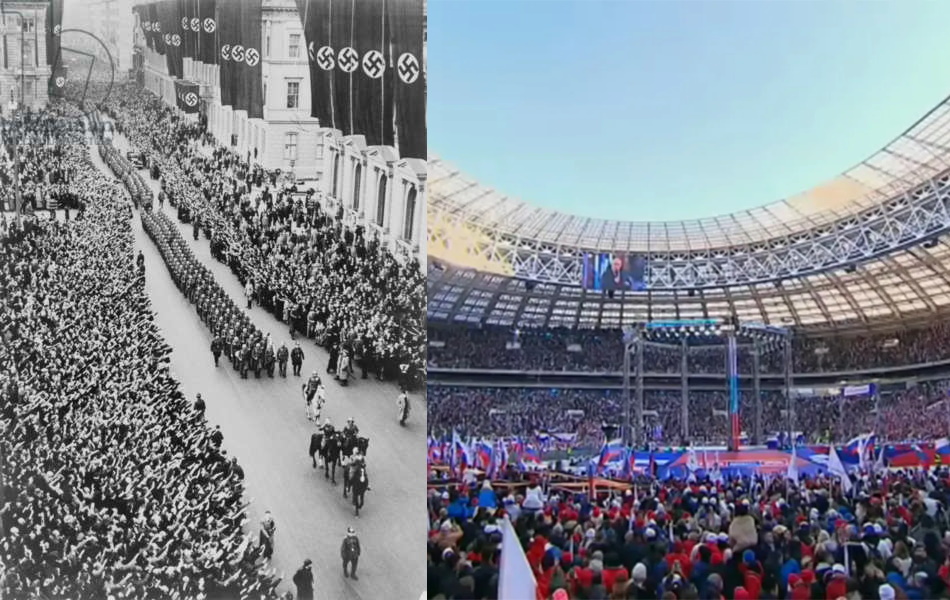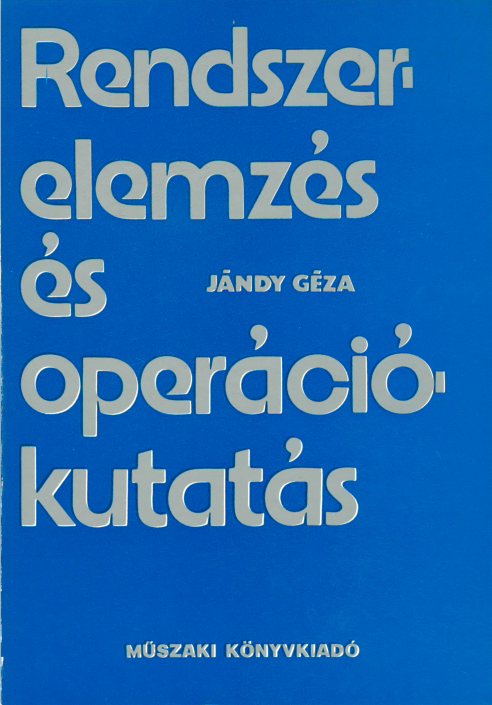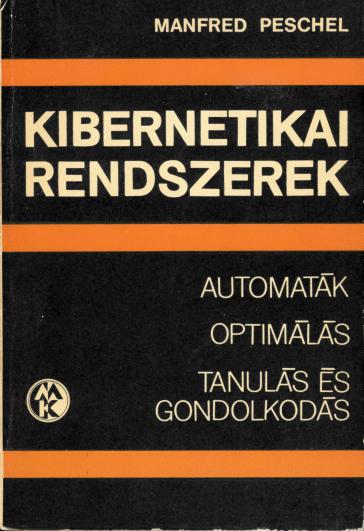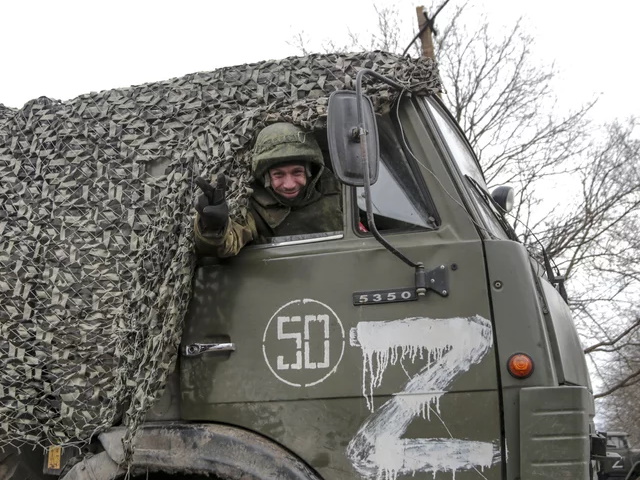A friend of mine was wondering about Putin’s motivation.
I offered my take on Putin’s “dream”, starting with his remarkable statement from decades ago, expressing his opinion that the collapse of the USSR was the greatest political catastrophe of the 20th century.
Many of Putin’s generation feel the same way. They spent their formative years in a Soviet Union that finally stepped over the shadow of Stalin’s terror rule. A country in which life became worth living again, and which was poised to deliver, after much toil and struggle of course but still, a Utopian communist state that in many ways is almost exactly like the Utopia of Star Trek and its United Federation of Planets.
And this was a post-racial, transnational dream. To be sure, Russians, their culture, their language, their civilization were to assume a leading role but not as oppressors, rather as leaders and teachers, bringing the benefits of Utopia to all, including both the polyglot citizenry of the USSR and peoples beyond the Soviet borders.
The collapse of the USSR meant the end of this dream. Many wept (literally) when the red Soviet flag was taken down from the Kremlin at the end of 1991. Perhaps even Putin was one of them.
Fast forward to 2022. To those who were weeping in 1991, the state of affairs that saw essential parts of the USSR as independent countries was deeply offensive and unnatural. The eventual reunification of these nations was, to them, a foregone conclusion. What stood in the way? Apart from corruption and petty politics, a hostile West that supported the independence of these newly created nations, even incorporating them into its military alliance that exists for the sole purpose of threatening and intimidating Russia.
And that leads to the grand strategy. Divide the West. Sow the seeds of division within Europe, support Brexit, spread conspiracy theories that create mistrust in the media and in the institutions of liberal democracy, help promote a narcissistic TV personality to the presidency of the United States by spreading propaganda through social media, drive wedges between the West and its closest allies such as Turkey, and in the meantime make gradual advances in the territories of the former USSR, a “salami tactic” approach, recovering what was lost one county, one province at a time, but with the ultimate goal being even uncoupling the Baltic states from the West, re-establish a land connection to Kaliningrad and reincorporate Lithuania, Estonia and Latvia into the reforming USSR.
And it almost worked! Europe seemed more divided than ever, with populist autocrats emerging in places like Hungary and Poland who seemed more loyal to Moscow than Brussels. The Brits completed Brexit. Turkey bought the S-400 air defense system against express US wishes. And while Canada was briefly immobilized by a “freedom” convoy, in the US a near-plurality of voters were willing to believe that the last presidential election was “rigged”.
So the time seemed ripe to take the next step, the biggest prize in the re-establishment of the USSR: Ukraine.
But this strategy presumes that successor countries like Ukraine are actually unwilling pawns in the hands of a hostile West; that the majorities in these countries would in fact welcome the “ancient regime”, would welcome becoming part again of a great, united superpower that covers 1/6th of the land area of the planet and commands economic resources to match any rival.
Based on that assumption, the expectations are easy to see. Once Russia’s army enters Ukraine, the country’s corrupt, ineffectual leadership (led by a former TV comedian who, being Jewish, probably has no loyalty to Ukraine anyway) would flee the country at the first opportunity, the regime would collapse and the population would welcome the tanks (several of which were decorated with Soviet — not Russian, Soviet! — flags) with great happiness.
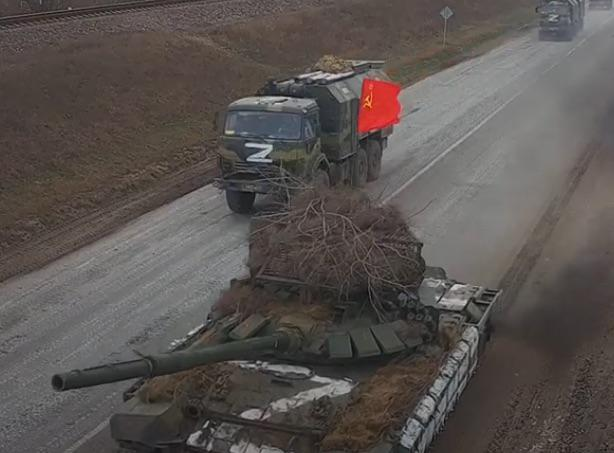
The next step would be Georgia and of course, once the might and invincibility of Russia becomes clear to a weak, divided West, the Baltics: Kaliningrad, Lithuania, and the rest of them. The dream is fulfilled, and Putin is revered as the greatest Russian statesman since, say, Peter the Great.
So I think this is what Putin wanted or hoped for. Instead, he managed to accomplish in mere three weeks what took more than three years for Hitler: progression from the initial crossing of the border (like Hitler entering Poland in 1939) to his version of the Battle of Stalingrad.
It is clear that the Russian army no longer has the initiative. Reports today are about a destroyed Russian warship, Ukrainians not only pushing back against Russian forces near Kyiv but encircling some 10,000 of them, and NATO updating its estimates, now saying that over 15,000 (15,000!!! That’s a staggering number, considering that the invasion force numbered less than 200,000 to begin with) Russian servicemen have been killed already.
The wildcard is WMDs: Will Putin deploy chemical weapons? Go nuclear? History is no guide here. Or perhaps those in his close circle, knowing that he is finished and seeing the harm that his continuing “leadership” brings to their power, wealth, lives, will finish him off soon? That would be a relief.
But even if that happens, we need to be mindful of the broader context. Our reaction should be carefully calibrated by pragmatism, not petty vindictiveness. An opinion piece from Bloomberg that begins with the thoughts of Keynes echoes my concerns exactly. We may “win” this conflict and Putin may be deposed. But beyond the immediate needs of Ukraine, we must also look at the broader picture and make sure that we create a post-war world that is sustainable. In short, we’ll need to help Russia to become a valuable member of the international community (like Germany and Japan were helped after 1945) instead of punishing Russia (like Germany was punished in 1919) and sow the seeds of more division and conflict.

